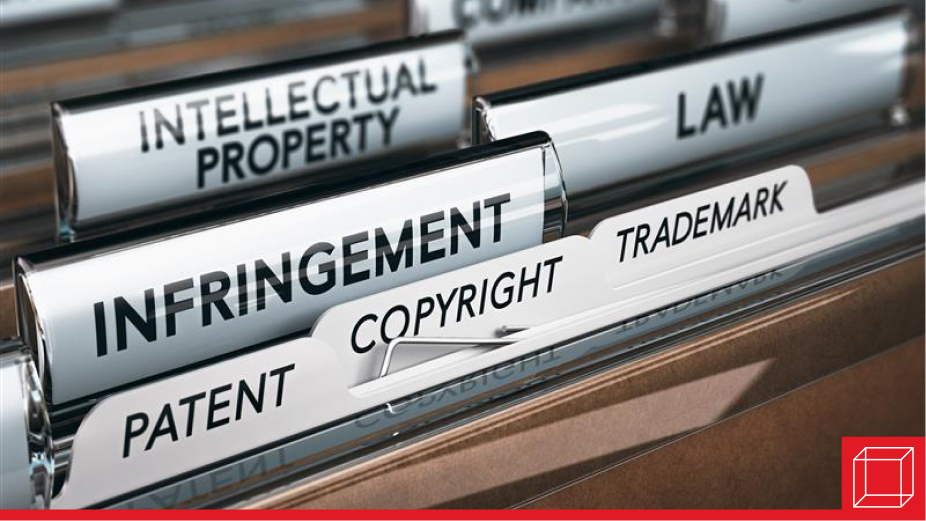Goldman Sachs Malaysian Subsidiary Pleads Guilty in 1MDB Scandal | July 2021
Goldman Sachs’ Malaysian subsidiary bribed high-level government officials in Malaysia and Abu Dhabi to gain profits. Now the company is facing charges and one of the worst scandals in its history.

Goldman Sachs, a global investment banking and financial services company, and its Malaysian subsidiary found themselves at the center of a foreign corruption and bribery case. The Malaysian subsidiary will plead guilty to the charges brought against it by the Department of Justice, according to The New York Times. The parent company will admit it made mistakes but will not have to enter a guilty plea itself in the deal.
A Brief Overview of the 1MDB Scandal
Over the course of five years, Goldman Sachs’ Malaysian subsidiary bribed high-level government officials in Malaysia and Abu Dhabi to obtain business that would be profitable for the company. Goldman Sachs arranged the sale of bonds to raise more than $6.5 billion that was intended to help the people of Malaysia under the 1Malaysia Development Berhad fund, known as 1MDB. Instead, the money benefited the country’s leaders and their associates, financing lavish lifestyles.
The friends and family of Najib Razak, Malaysia’s then-prime minister, benefited from the funds. The money paid for a yacht, paintings by famous artists, jewelry, and other luxury items. Goldman Sachs earned $600 million for arranging the bond sales.
Unethical Leaders
Many leaders at Goldman Sachs were implicated in the scandal, which resulted in $174 million in clawbacks. A clawback is when money already paid to an employee (e.g., pay and bonuses from prior years) is returned to the employer.
Tim Leissner, Goldman Sachs’ former Southeast Asia chairman, pleaded guilty to conspiracy to violate the Foreign Corrupt Practices Act (FCPA) and conspiracy to commit money laundering. He said he circumvented the bank’s internal controls to engage in the bribery scheme. Ng Chong Hwa (Roger Ng), the former head of investment banking for Goldman Sachs Malaysia, was charged with conspiracy to violate the FCPA and conspiracy to commit money laundering. He has pleaded not guilty and will stand trial next year. Both Leissner and Ng are banned from working in the securities industry again.
Goldman Sachs agreed to pay more than $5 billion in fines and restitution in the United States and Malaysia. Goldman Sachs avoided a guilty plea and an independent monitor to review compliance procedures.
Goldman Sachs and Its Reputation
The bribery scandal has tarnished Goldman Sachs’ reputation. It is one of the worst scandals in Goldman Sachs’ history. Ethical misconduct that transcends international borders weakens public confidence in financial institutions and American business worldwide.
In the Classroom
This article can be used to explore some of the factors that influence international business, discussed in Chapter 3: Business in a Borderless World. It can also be used to discuss bribery in Chapter 2: Business Ethics and Social Responsibility or banks in Chapter 15: Money and the Financial System.
Discussion Questions
- Why do you think Goldman Sachs itself does not have to enter a guilty plea?
- Do you think clawbacks are appropriate in a scandal such as this?
- In your opinion, are these billion-dollar fines sufficient to deter misconduct in the future?
This article was developed with the support of Kelsey Reddick for and under the direction of O.C. Ferrell and Linda Ferrell.
Sources:
Lydia Moynihan, "Goldman Sachs Finally Paying Off 1MDB Debt," New York Post, June 9, 2021, https://nypost.com/2021/06/09/goldman-sachs-finally-paying-off-1mdb-debt/
Matthew Goldstein, "Goldman Sachs Is Said to Admit Mistakes in 1MDB Scandal," The New York Times, October 20, 2020, https://www.nytimes.com/2020/10/20/business/goldman-sachs-1mdb-malaysia.html
The United States Department of Justice, "Goldman Sachs Resolves Foreign Bribery Case And Agrees To Pay Over $2.9 Billion," October 22, 2020, https://www.justice.gov/usao-edny/pr/goldman-sachs-resolves-foreign-bribery-case-and-agrees-pay-over-29-billion



